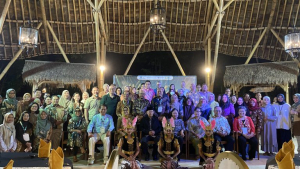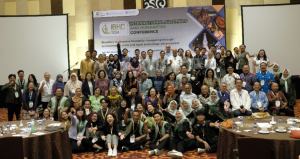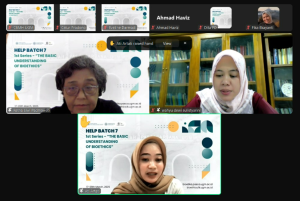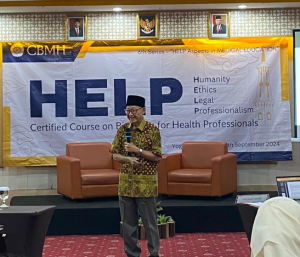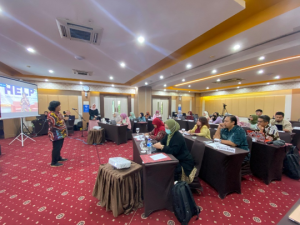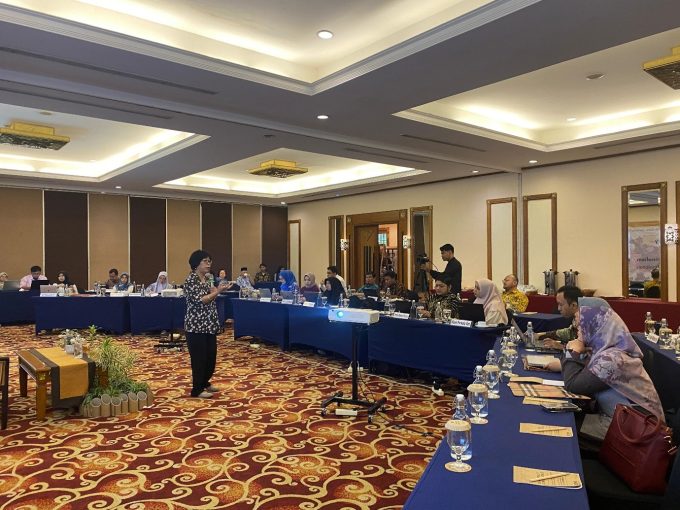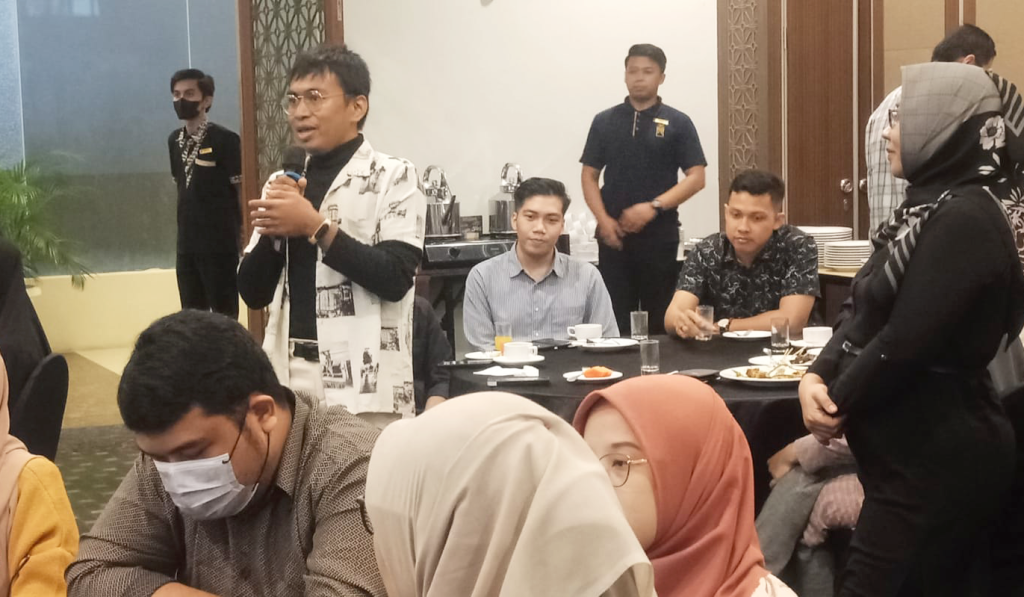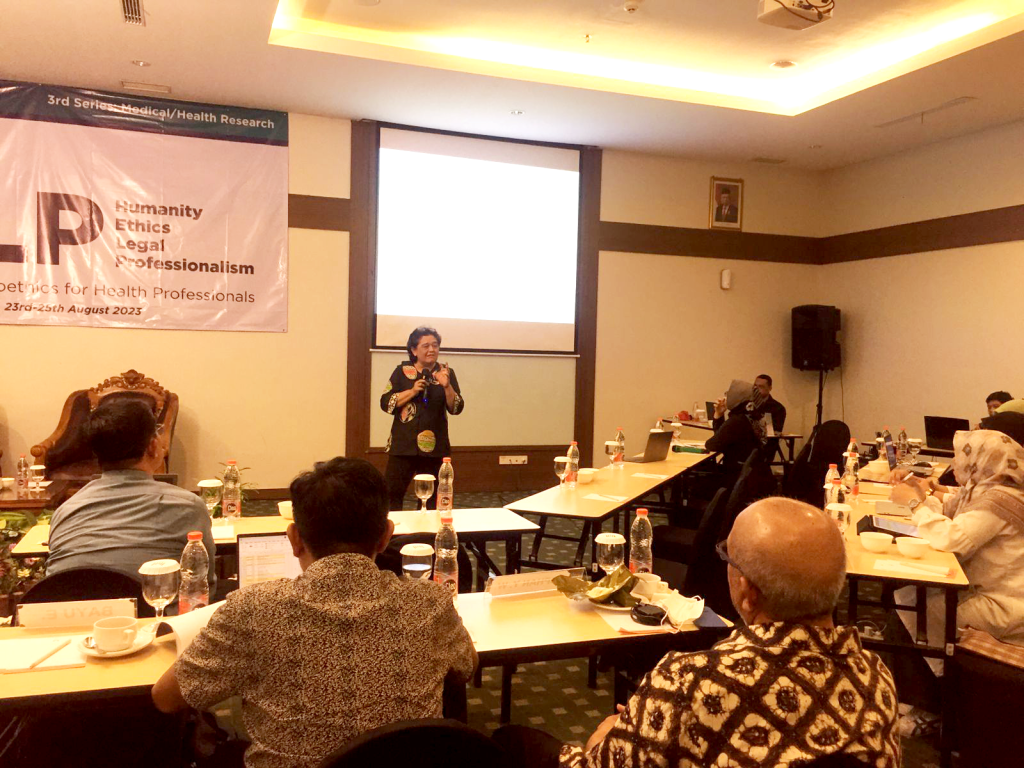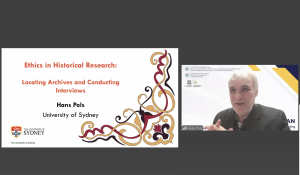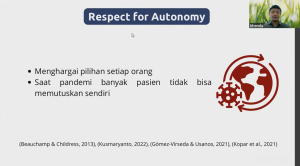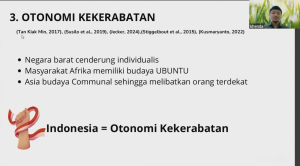From the Classroom to the Clinic: Everyday Ethical Dilemmas in Medical Professional Education

Yogyakarta, 21 January 2026 — Raboan Research and Perspective Sharing opened its 2026 series by featuring dr. Risahmawati, Dr.Med.Sc., MARS (Faculty of Medicine, UIN Syarif Hidayatullah Jakarta) as the keynote speaker. The session served as an interactive forum to discuss the ethical challenges frequently faced by medical professional students in clinical settings.
Risahmawati shared her experience in integrating clinical ethics education from the early stages of professional training, encouraging students to reflect on real-life ethical dilemmas through structured discussions, presentations, and feedback from faculty members and clinicians. “Ethical dilemmas are not something to be avoided, but rather to be understood and managed critically,” she emphasized.
Participants discussed concrete cases ranging from being asked to perform medical procedures beyond their authority during overcrowded emergency departments, to verbal bullying in front of patients, unclear informed consent processes, the unauthorized use of patient photographs for educational purposes, and dilemmas surrounding educators’ professionalism in student assessment.
The forum underscored that professional medical education is a critical phase in shaping ethical character. Clinical lecturers were highlighted as key role models, while institutions were urged to provide safe spaces for ongoing ethical reflection and dialogue. Stakeholders including students, educators, healthcare professionals, and hospital management, were also encouraged to work together to foster a more humane and ethical medical education system.
The topic aligns with the Sustainable Development Goals (SDGs), particularly SDG 3 (Good Health and Well-being), SDG 4 (Quality Education), and SDG 16 (Peace, Justice and Strong Institutions), through strengthening ethical healthcare services, integrity-based medical education, and a culture of justice, transparency, and accountability.
Reporter: Ika Setyasari, S.Kep.Ns., M.N.Sc
Editor : Rafi

